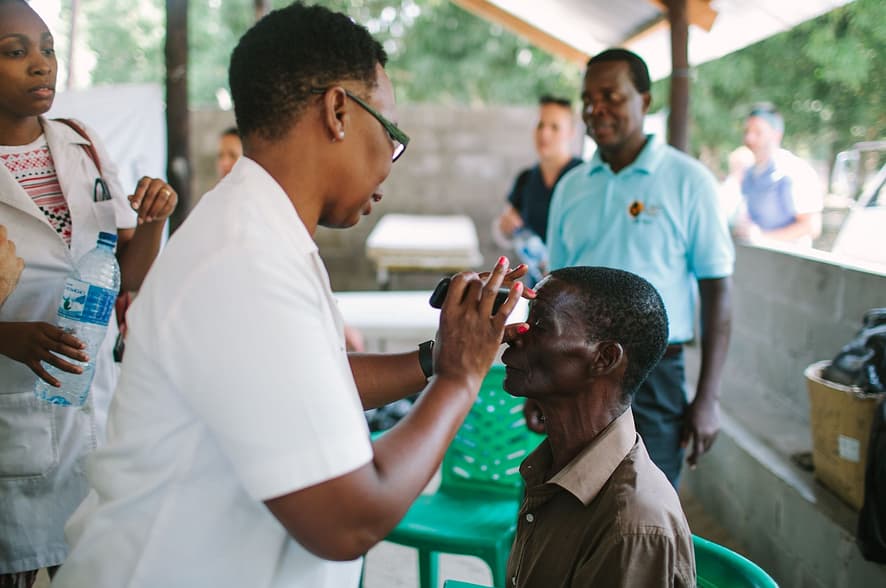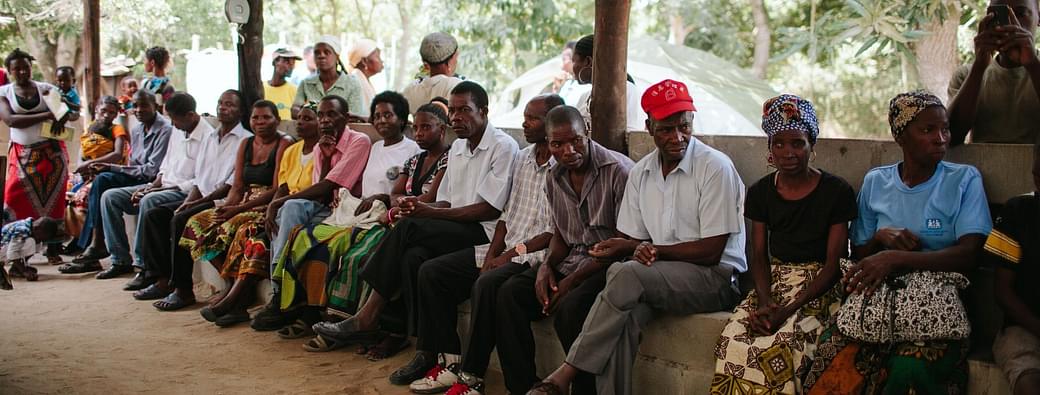The Downside of Humanitarianism
Something that needs to be addressed.
Introduction
Humanitarian service is often regarded as a noble endeavor, aiming to alleviate human suffering, promote social justice, and address pressing global issues. While the positive impact of humanitarian work cannot be denied, it is crucial to critically evaluate its potential negative consequences. In this blog post, we will delve into some of the adverse effects that can arise from humanitarian service, shedding light on the complexities that exist within this important field.
1. Dependency Syndrome:
One of the significant challenges in humanitarian service is the risk of fostering dependency on aid among affected communities. When aid organizations provide immediate relief and ongoing support without fostering sustainable solutions, it can inadvertently create a cycle of dependence, inhibiting local communities from developing their own resources and taking charge of their future. This dependency syndrome can lead to long-term reliance on external assistance and hinder the growth and resilience of communities.

"I saw volunteers visit a small town in Africa, handing out $1 bills. The next time a group of volunteers came to help in that town, the locals expected money to be handed out, hindering the efforts of future groups to teach self-reliance skills & classes."-Dr. Angie Holzer
2. Disruption of Local Markets:
The influx of free goods and services from humanitarian organizations can disrupt local markets, particularly in regions with already fragile economies. The provision of free goods can undermine local businesses and producers, making it difficult for them to compete. This can perpetuate a cycle of economic vulnerability, as local entrepreneurs struggle to regain their footing once aid organizations withdraw. Sustainable development requires a careful balance between immediate relief and the long-term stability of local economies.

"In Haiti, a free medical clinic came for a few weeks, offering their services. The local clinic in town couldn't compete with the free clinic and had to shut down. After the free clinic left, the local town in Haiti now had no clinic to help them." - volunteer in Haiti
3. Cultural Insensitivity:
Humanitarian work often involves engagement with diverse cultures and communities. However, without proper cultural understanding and sensitivity, there is a risk of unintentionally undermining local customs and traditions. Insufficient cultural awareness can lead to the imposition of foreign values or practices, creating friction and damaging the social fabric of communities. It is essential for humanitarian organizations to prioritize cultural competency, respect local norms, and involve community members in decision-making processes.

It's crucial for volunteers to work with locals to understand the culture, to ensure the best success possible.
4. Security Risks:
In certain conflict zones or politically unstable regions, humanitarian workers face substantial security risks. Humanitarian organizations must navigate complex and often volatile environments, where their presence can inadvertently exacerbate tensions or make them targets for violence. Additionally, the presence of aid workers can sometimes be manipulated or exploited by armed groups for their own political or strategic ends. Striking a balance between providing essential assistance and ensuring the safety of aid workers is an ongoing challenge.
Conclusion
While humanitarian service undoubtedly plays a vital role in addressing immediate needs and promoting social justice, it is crucial to acknowledge the potential negative impacts it can have on local communities and systems. By understanding and actively addressing these challenges, humanitarian organizations can work towards more sustainable, culturally sensitive, and contextually appropriate interventions. Balancing immediate relief with long-term development goals, empowering local communities, and fostering self-sufficiency are essential in maximizing the positive impact of humanitarian service while minimizing the potential adverse consequences.


